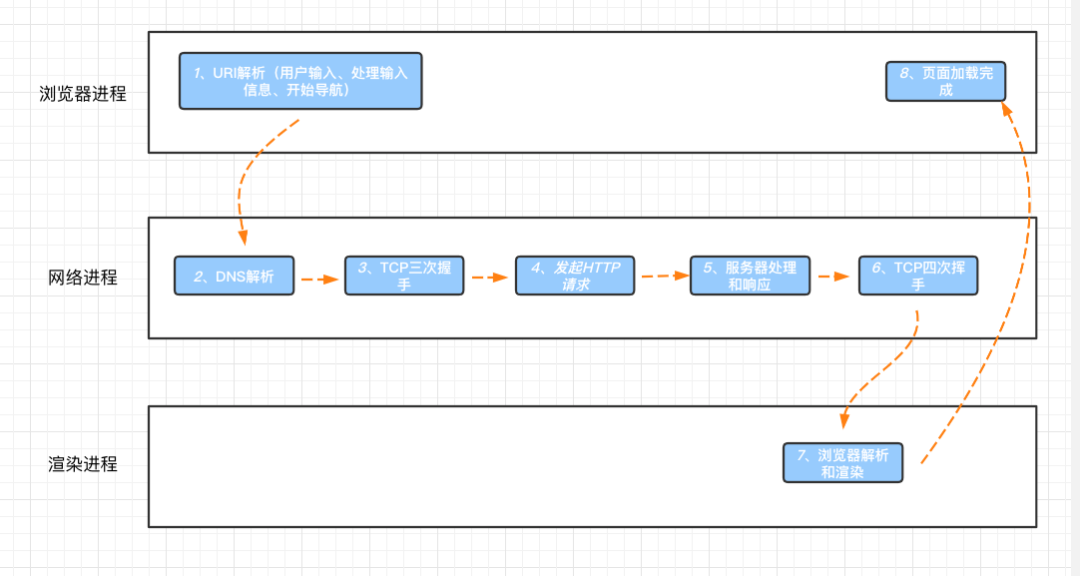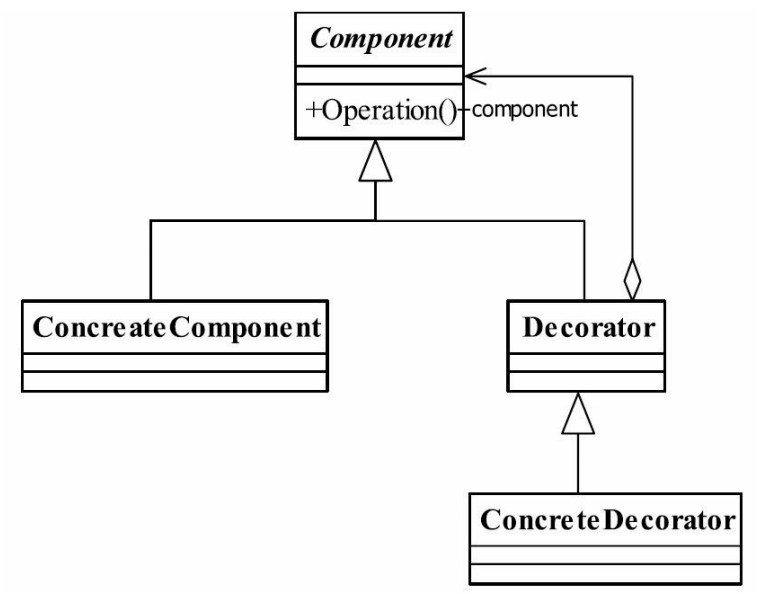Why Our Minds Never Catch Up With Our Bodies(英语阅读)(每日一摸)
Why Our Minds Never Catch Up With Our Bodies
When I look in the mirror, I see someone way older than my brain expects. My mind is stuck at around age 30, shaving a whopping 28 years off reality. It’s a strange sensation that leaves me feeling like the kid in a room of adults who are all around my age, or has me referring to a stranger in his fifties “some old guy.” Turns out I’m not alone, and science actually has a term for this very common internal time warp. 翻译1
After about age 25, most people think of themselves as younger than their chronological age. And the gap in “subjective age,” as it’s called, widens with time. 翻译2
Most people feel about 20% younger than their actual age, according to a Michigan State University survey of 502,548 people ages 10 to 89. At around age 50, the typical person will feel 40 on the inside. 翻译3
This skewed view of our aging selves influences how we think about growing older, too, and also how our perception of “old” changes as we become what we used to imagine. Young adults are apt to see 50 as old, the survey found, but people in their fifties are like, nuh uh! 翻译4
“What you consider to be old changes as you become old yourself,” said study leader William Chopik, PhD, an assistant professor of psychology at Michigan State University. 翻译5
What’s going on inside our heads? 翻译6
This wrinkle in the perception of time might be driven by how fast your brain ages compared to your body. In one study, scientists surveyed people ages 59 to 84 about their health and how old they feel, then scanned their brains for signs of aging. Those who put their subjective age lower than their real age scored better on memory tests, were less likely to report signs of depression, and had more gray matter in key spots. 翻译7
“People who feel younger have the structural characteristics of a younger brain,” said study leader Jeanyung Chey of Seoul National University in Korea. 翻译8
Not everyone feels younger than they are, though. People who feel older might be sensing that their brains are aging, Chey and her colleagues speculate in the journal Frontiers in Aging Neuroscience. If that’s true, a logical antidote would be to focus on lifestyle changes that support a healthy mind, like improved diet and physical activity. 翻译9
Are there consequences? 翻译10
Subjective age is also influenced by a new reality of aging: People live longer these days compared to generations past. 翻译11
There seems to be no harm in kidding ourselves with this perception of a younger age inside. But there could be consequences, Carver speculates — and I’ll let you decide if they’re positive or negative: 翻译12
All this gives me a better understanding of why I recently took up mountain biking again — an activity I really enjoyed when I was younger. It might also explain why all the hills seem to have gotten mysteriously steeper, and why I stupidly went over the handlebars on a steep drop the other day and bruised multiple extremities. I’m not 30 anymore. I just feel like it. 翻译13
*[翻译13]:所有的这些都让我更清楚地认识到我为什么要重新捡起山地自行车这项我年轻时十分热爱的运动。这也可能解释了为什么(原来相对平缓的)小山坡看起来异常陡峭,也解释了为什么不久前我会在骑下一个陡坡时愚蠢地脱离车把手,并摔出无数淤青。我再也不是30岁了。我就是这样感觉的。
相关词汇
way /weɪ/ adv.大大地;远远地 way older than 远老于 = much older thanshave off 剔除 shave /ʃeɪv/ v.剃掉 shaver /ˈʃeɪvər/ n.刮胡刀whopping /ˈwɑːpɪŋ/ adj.巨大的leave sb doing sth 让某人做某事of /əv/ prep.由…组成的; a room of adults 由成年人组成的房间;充满成年人的房间have sb do sth 使某人做某事(指一次性的动作) have sb doing sth 使某人一直处于某种状态refer to sb/sth 英英:to mention or speak about someone or somethingfifty 基数词(50) fifties 一般用于词组“in one's fifties“ 意思是“在某人五十几岁时”。(此时不能用fifty)time warp 时间隧道;时间扭曲 warp /wɔːrp/ n.弯曲;扭曲;v.使变形think 后面常常接宾语从句;think of后面常常接单个宾语或者复合成分chronological age 实际年龄 chronological /ˌkrɑːnəˈlɑːdʒɪkl/ adj. 按发生时间顺序排列的;widen with time 随着时间推移逐渐变大 widen /ˈwaɪdn/ v.变大;变宽 with time 随着时间的推移 = over timeskew /skjuː/ adj.歪斜的; skewed /skjuːd/ adj.歪斜的perception /pərˈsepʃn/ n.认识能力;感觉;看法be apt to 倾向于see ... as 把…看做nuh uh! 黑人问号, 英英:used in writing to represent the sound that people make when they disagree with someonewrinkle /ˈrɪŋkl/ n.皱纹 vi.起褶子signs of aging 老化的迹象; aging /ˈeɪdʒɪŋ/ n.老化gray matter n.脑灰质 matter /ˈmætər/ n.物质structural characteristics 结构特性speculate /ˈspekjuleɪt/ vi.推测;antidote /ˈæntidoʊt/ n.解药;矫正方法hill /hɪl/ n.小山丘steep /stiːp/ adj.陡峭的handlebar /ˈhændlbɑːr/ n.车把steep drop 急剧下降bruise /bruːz/ n.擦伤;v.使擦伤extremity /ɪkˈstreməti/ n.身体的外部 英英:an external body part that projects from the body



































还没有评论,来说两句吧...